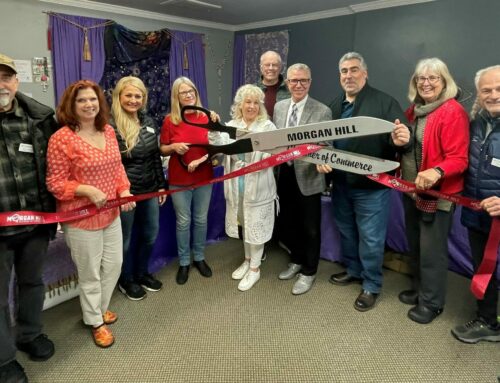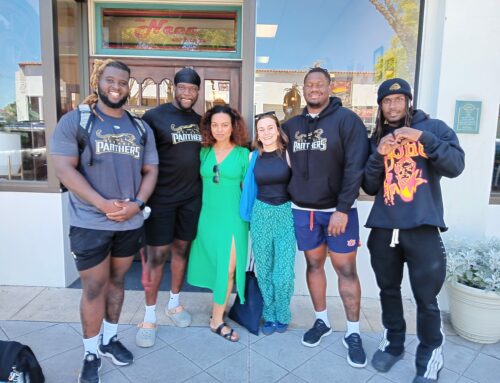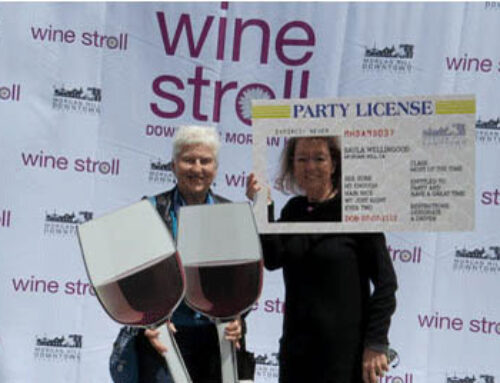Published in the November 9 – 22, 2016 issue of Morgan Hill Life
Editor’s note: This editorial was written before the Nov. 8, 2016 election results.
We hope Proposition 59 was passed by voters. This measure is an advisory question — essentially an opinion poll on the ballot — asking Californians if they encourage the state’s elected leaders to use their authority to work to overturn the 2010 Supreme Court’s Citizens United v. Federal Election Commission decision by supporting an amendment to the U.S. Constitution.
Citizens United gives the green light to corporations, advocacy groups, unions and wealthy individuals to contribute essentially unlimited cash in campaigns to elect or defeat candidates. It opens the floodgates to special interests — including foreign-based companies and groups — to spend without limit in American elections. It is transforming America from a democracy into a plutocracy where ultra-rich individuals and special interests — known as super PACs — can drown out the voices of American voters in the election process. The super PACS are independent expenditure-only committees and can spend funds for and against candidates so long as they do not give directly to candidates or coordinate with their campaign. In the past six years, they have dramatically corrupted modern elections, weakening democracy by enhancing the ability of billionaires, corporations, unions and other special interests to influence campaigns.
The five Supreme Court judges who supported Citizens United argued that corporations are considered “persons” as defined by the Fourteenth Amendment and money they spend in political campaigns is considered “free speech” protected by the First Amendment. Historically, the decision to consider corporations as “persons” has a local connection. It goes back to an 1886 U.S. Supreme Court case called Santa Clara County V. Southern Pacific Railroad Company that involved taxing railroad properties in California. A headnote made by Court Reporter Bancroft Davis, a former president of the Newburgh and New York Railway, gave the sense that the justices regarded the equal protection clause of the Fourteenth Amendment applied to corporations as well as natural persons. (The Supreme Court never actually made that decision, but justices in later cases — including Citizens United — wrongly relied on Davis’s incorrect headnote as precedence.)
So that brings us to the election of 2016 where the number of active super PACs is 2,398. They have raised more than $1.5 billion and spent nearly $1 billion on election-swaying endeavors.
If Proposition 59 passed Nov. 8, it did so as an advisory question and so does not legally require state officials to act on the measure as the voters might have encouraged them to do. But its passage should be taken as a message that we want an amendment to our nation’s Constitution that makes it clear that corporations do not have the same constitutional rights as flesh and blood humans. Campaign finance contributions and spending needs to be controlled. America was founded as a democracy where all citizens should share an equal power of influence regardless of wealth or status. No doubt our nation’s founders would not have wanted us to be turned into an oligarchy controlled by the wealthy few.






